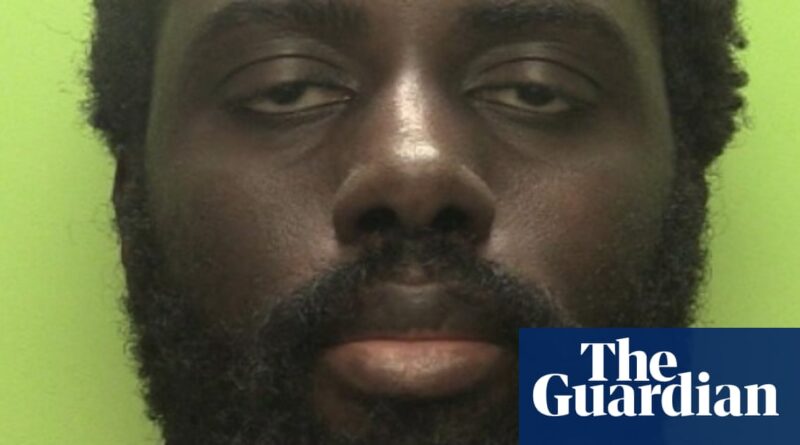Ministers to “reduce” changes in mental health after the Valdo Calocane report
The government has told the families of victims of the Nottingham attack that it will delay changes to mental health care after a damning report into the treatment Valdo Calocane received in the years before the killings.
Dr Sanjoy Kumar, whose daughter Grace O’Malley-Kumar was one of three people killed in the attacks, said the health secretary had told the family that mental health changes would be reduced. .
“Wes Streeting, the secretary of state for health, has promised us that he will slow down the changes to the Mental Health Act,” Kumar told Sky News on Tuesday. “He promised that we will be able to work with people who work legally. Change is needed. We need to step back a bit and see what is safe for the public. ”
In the king’s speech in July, the government revealed plans to “improve” the Mental Health Act, which applies in England and Wales, and give patients “greater choice, independence, rights and support”.
They included plans to improve detention practices so that people can only be arrested under the act if they pose a risk of serious harm, as well as shortening the time they can be detained.
The government also said it would “strengthen the voice of patients” by adding legal weight to their right to be involved in planning their care, and to make and refuse decisions.
Kumar said he wanted to “fix the Mental Health Act” and it was not “about taking away people’s freedom”.
He said: “It’s about holding the nurses responsible who put such people on our streets. “Any psychiatrist who takes a dangerous person off our streets should be responsible for taking the patient out that out if it hasn’t done a full risk assessment. We hope to work with Wes Streeting, who certainly has the will to get this right.”
Streeting said that he wants to change the act in a way that will make “a balance between realizing that there are people whose freedom is being taken away today who can live safely in society, but also to take care of those there needs to be better care so that people like Calocane can’t be on the street causing harm or killing others”.
Calocane, who was diagnosed with paranoid schizophrenia, killed O’Malley-Kumar, Barnaby Webber and Ian Coates in Nottingham in the early hours of June 13 last year. He also seriously injured three other people when he drove the van into pedestrians.
A Care Quality Commission (CQC) review of the mental health care Calocane received in the years before the murders found “a series of errors, omissions and misjudgments” in his treatment.
These included risk assessments that “minimized or left out” important factors such as the seriousness of his danger to others, and not choosing to give him medication via a depot injection, a type of delayed-release medication. , as he did not drink it himself.
Calocane often refused to take medication at home and showed “little understanding or acceptance of his condition”, the CQC said.
The report criticized nurses for not assessing whether Calocane was in a position to make decisions about his care, saying his symptoms of psychosis would have “impaired his ability to assess information about the need for antipsychotic treatment and the risks of discontinuation”.
Calocane refused the depot vaccine and treatments, and often missed appointments.
Responding to the CQC report, Streeting said: “I want to reassure myself and the country that the failings identified in Nottinghamshire are not being replicated elsewhere. I expect that the findings and recommendations in this report will be looked at and applied across the country so that Don’t let other families go through the pain that Barnaby, Grace and Ian’s family are going through.”
#Ministers #reduce #mental #health #Valdo #Calocane #report
